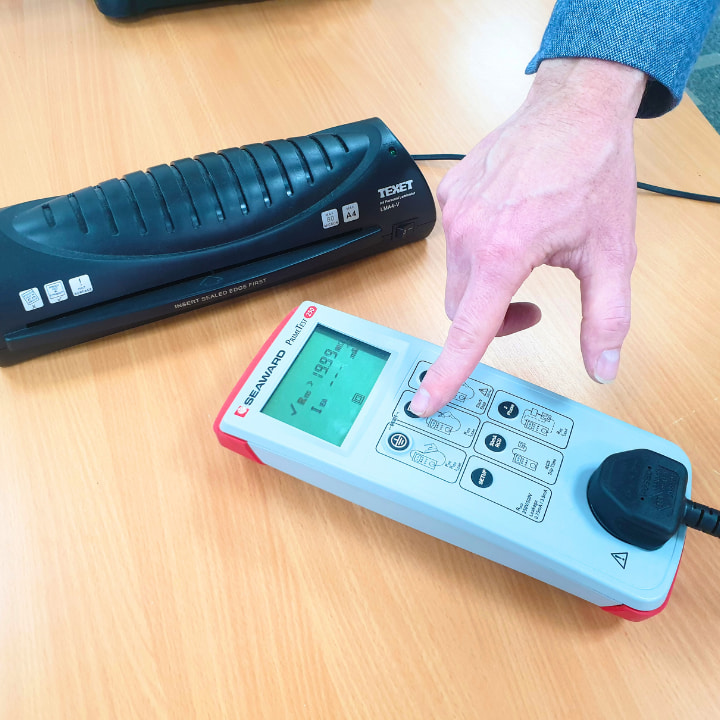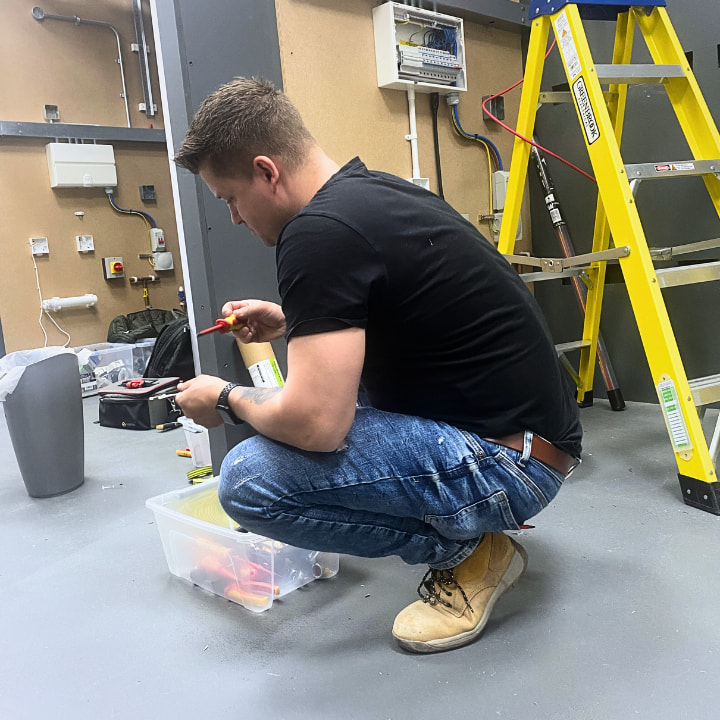Portable Appliance Testing (PAT) is crucial for ensuring electrical safety. It involves checking appliances to prevent accidents and ensure compliance with safety standards. This PAT testing training course covers the inspection and testing of in-service electrical equipment, as well as the regulatory and legal requirements that underpin these activities. Candidates will receive both theoretical insights and practical experience to ensure a comprehensive understanding and skill-building. At Logic4training, we focus on creating a learning environment that is both engaging and effective.
Course snapshot:
- Qualification: City & Guilds Level 3 Award in the In-Service Inspection and Testing of Electrical Equipment (2377-77) (PAT Testing)
- Duration: 2 days
- Training method: In-depth practical and theoretical learning
- Location: Northolt, Basildon, Luton, and Sittingbourne
- Entry Requirements: Ages 18+
The cost of the course includes training, assessment, registration with City & Guilds and the examination costs.
Please note that this course can be completed as part of our Electrical Training Packages.








